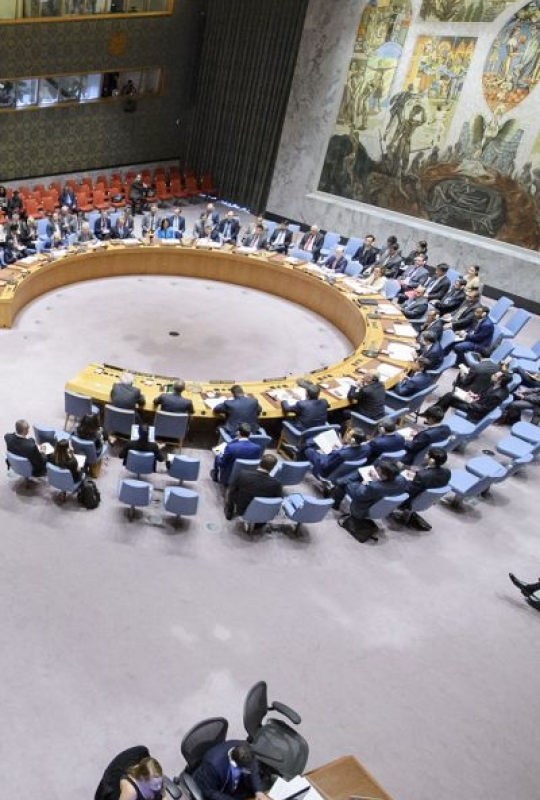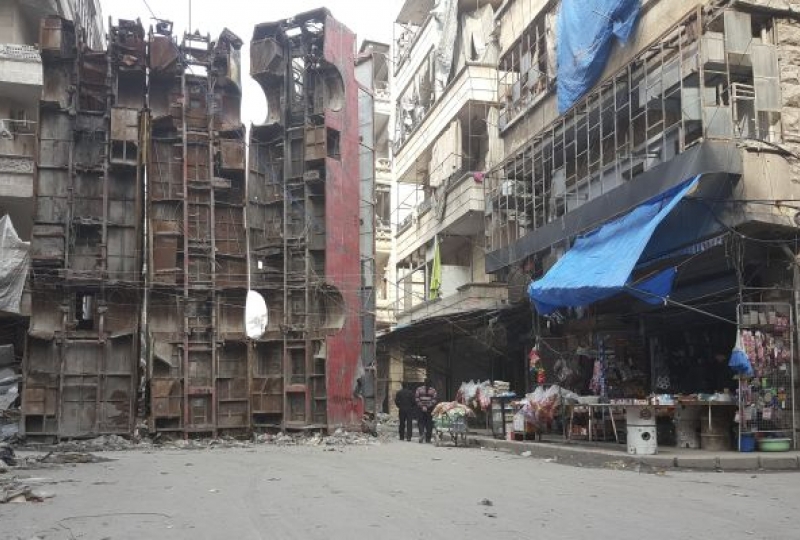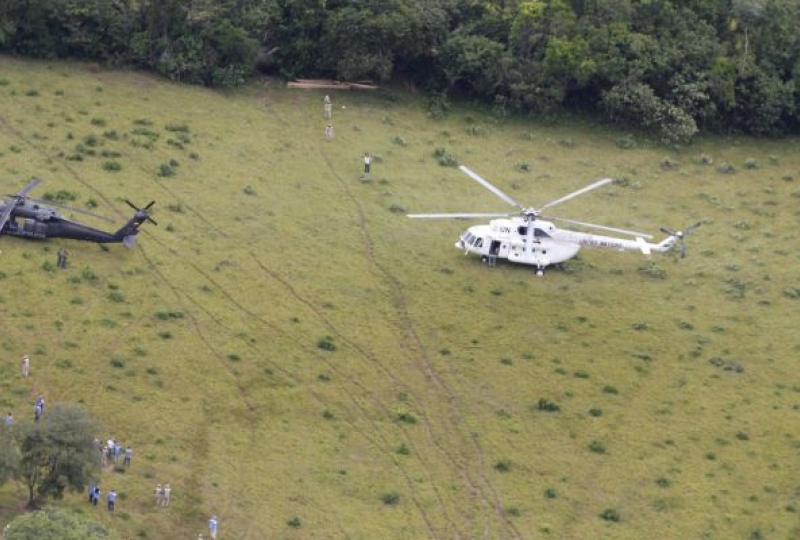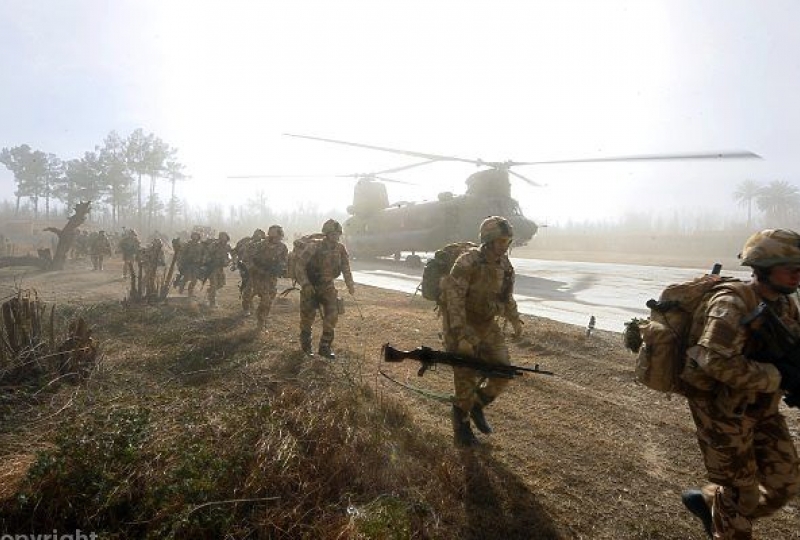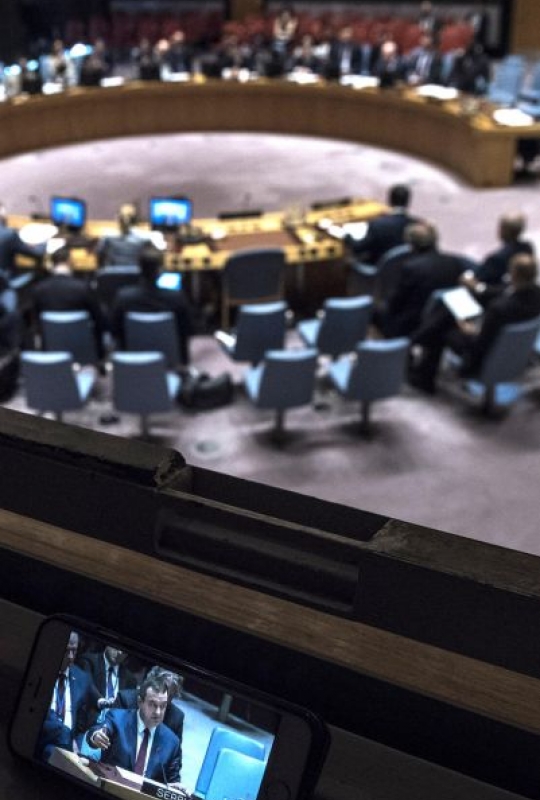The publication highlights that recent positive developments in the field of IHL are often attributed to the initiative and engagement of elected members – who are bridging divides between permanent members, conducting negotiations as inclusively as possible and consulting with other interested stakeholders. It also points to the fact that securing a UNSC’s outcome can also imply significant compromises (on substance) to the detriment of elements on accountability, consistency in wording and/or the unity of certain agenda items,
‘Under the current political circumstances, bridging the gap between UNSC rhetoric and action thus remains, more than ever, a challenge. Future and prospective elected members interested should be encouraged in promoting humanitarian concerns and a rules-based international order where violations are met with consequences. Their commitment (and corresponding positioning) need to rest on a carefully elaborated policy cognizant of potential opportunities and associated risks – both for their own reputations and for the integrity of the legal frameworks at hand. This is necessary to ensure a principled, coherent and consistent approach when colliding with high-stakes realpolitik’ stresses Emilie Max.


